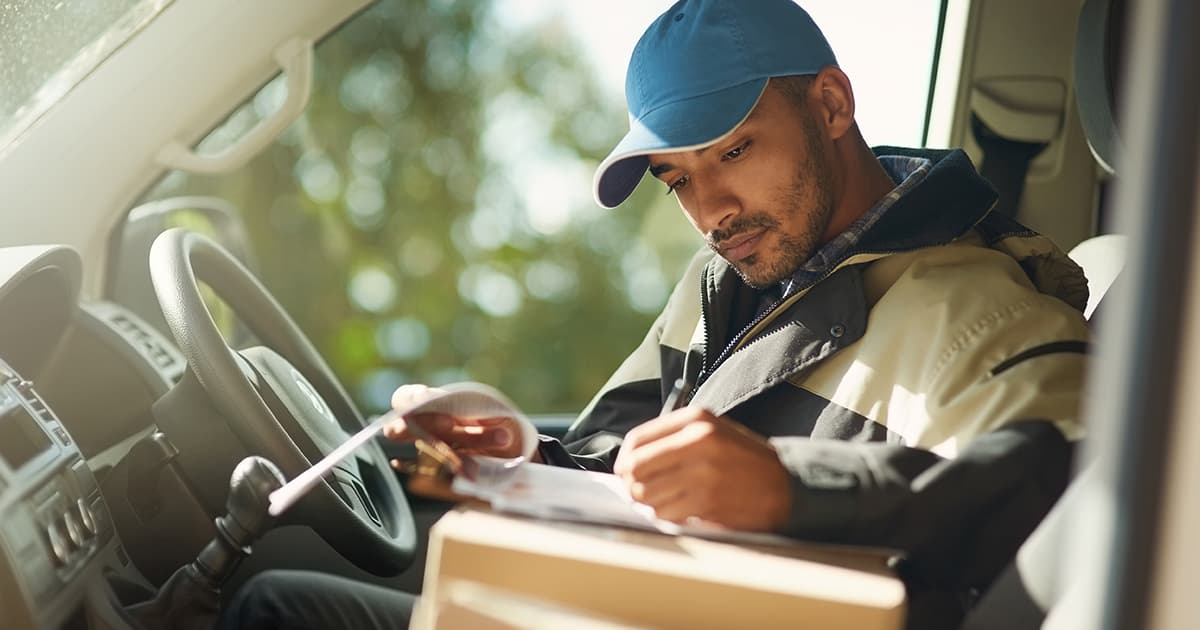What Insurance Do Delivery Drivers Need?

Delivery drivers typically need commercial auto insurance to protect them while they're on the job. Your personal car insurance policy doesn’t cover your vehicle for business use.
This type of insurance covers liability for accidents and injuries that occur while driving a vehicle for work purposes.
Depending on the type of the deliveries and the employer's requirements, delivery drivers may need other types of insurance such as:
Cargo insurance: Covers damage or theft of the goods being delivered.
Business use coverage: If they use their personal vehicle for work purposes, they may need a business use endorsement on their personal auto policy.
General liability insurance: General liability insurance protects against third-party claims of bodily injury or property damage that occur while making deliveries.
What insurance do I need if I’m driving passengers or delivering food?
Delivery drivers for food and delivery drivers for passengers (like rideshare drivers) have different insurance needs due to the nature of their work.
Here's a comparison:
Insurance type:
• Food delivery drivers: Typically need commercial auto insurance, which covers them while they're using their vehicle for work purposes, such as delivering food.
• Passenger delivery drivers: Also need commercial auto insurance, but with coverage specific to transporting passengers for hire. This often includes higher liability limits.
Coverage needs:
• Food delivery drivers: Require coverage for liability, physical damage to their vehicle, and potentially coverage for the food being delivered (cargo insurance).
• Passenger delivery drivers: Require coverage for liability, physical damage, and often additional coverage for passengers, such as medical payments coverage and uninsured/underinsured motorist coverage.
Policy considerations:
• Food delivery drivers: Need to disclose to their insurance company that they are using their vehicle for food delivery to ensure they have the appropriate coverage.
• Passenger delivery drivers: Need to ensure they have coverage that complies with their rideshare company's requirements, which often include specific coverage for different phases of driving (e.g., waiting for a ride, en route to pick up a passenger, and transporting a passenger).
In both cases, drivers need to review their insurance policies and potentially obtain additional coverage to ensure they are adequately protected while working.
Did you know? Switching is Easy! Save up to 30% on Home Insurance when you switch to Western Financial Group.



